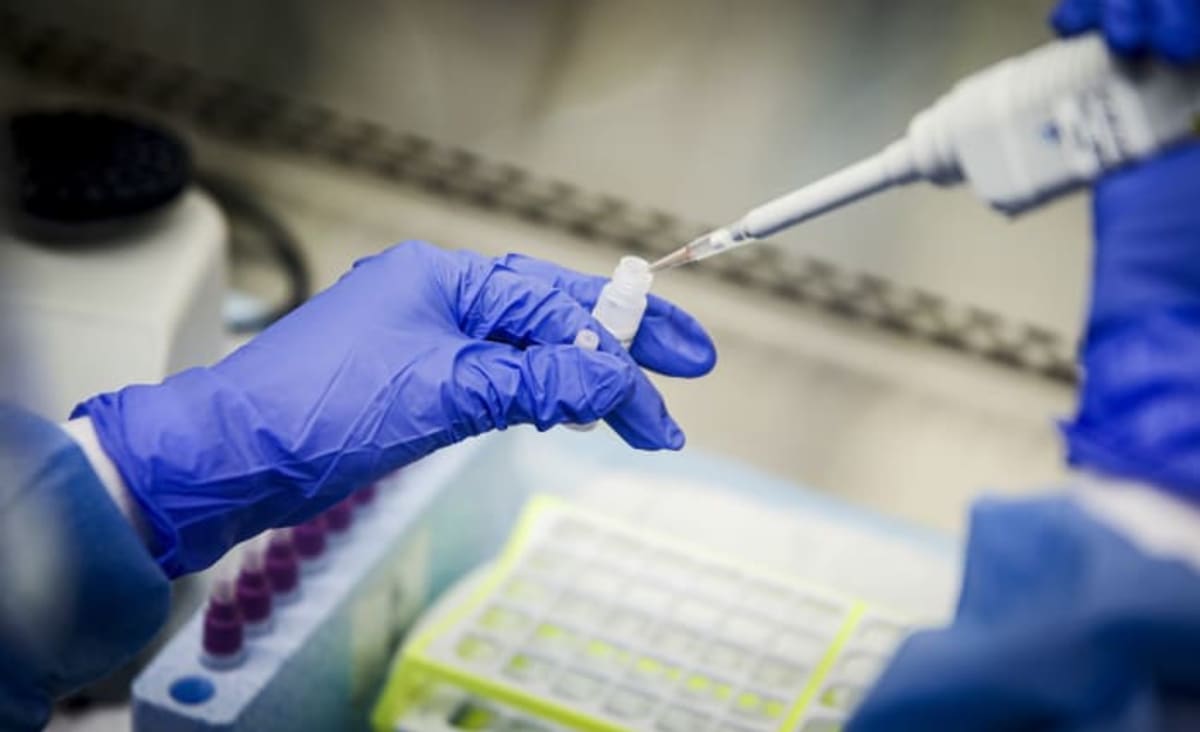This post may refer to COVID-19
To access official information about the coronavirus, access CDC - Centers for Disease Control and Prevention.

www.local10.com
Americans' trust in science now deeply polarized, poll shows
Republicans’ faith in science is falling as Democrats rely on it even more, with a trust gap in science and medicine widening substantially during the COVID-19 pandemic.
Health
WASHINGTON – Republicans' faith in science is falling as Democrats rely on it even more, with a trust gap in science and medicine widening substantially during the COVID-19 pandemic, new survey data shows.
It’s the largest gap in nearly five decades of polling by the General Social Survey, a widely respected trend survey conducted by NORC at the University of Chicago that has been measuring confidence in institutions since 1972.
That is unsurprising to more than a dozen scientists reached for comment by The Associated Press, but it concerns many of them.
Science used to be something all Americans would get behind, Rice University historian Douglas Brinkley said.
“But we now see it falling prey to the great partisan divide,” he said. "The world of science should be a meeting house where right and left can agree on data. Instead, it’s becoming a sharp razor’s edge of conflict.”
Overall, 48% of Americans say they have “a great deal” of confidence in the scientific community, the 2021 General Social Survey data shows. Sixty-four percent of Democrats say that, compared with roughly half as many Republicans, 34%. The gap was much smaller in 2018, when 51% of Democrats and 42% of Republicans had high confidence.
The poll also found a gap emerging on confidence in medicine, driven primarily by increasing confidence among Democrats. Forty-five percent of Democrats said they had a great deal of confidence in medicine, compared with 34% of Republicans.
The deepening polarization was not evident for other institutions asked about on the poll, according to Jennifer Benz, deputy director of The Associated Press-NORC Center for Public Affairs Research.
“It's certainly plausible that this is a result of how politicized the pandemic became in the months between when it emerged and when the survey ran,” Benz said. “It is definitely a stark change for these particular trends on confidence in scientific leaders and leaders in medicine, to see this degree of polarization.”
The data suggest Republicans and Democrats are following the cues of their leaders, said Anthony Leiserowitz, director of the Yale Program on Climate Change Communication.
“We’ve seen so much criticism (and worse) leveled at medical experts since the beginning of the pandemic from the former president, other Republican leaders and the conservative media, and just the opposite from the current president, Democratic leaders, and the mainstream and liberal media,” Leiserowitz told the AP in an email.
























































